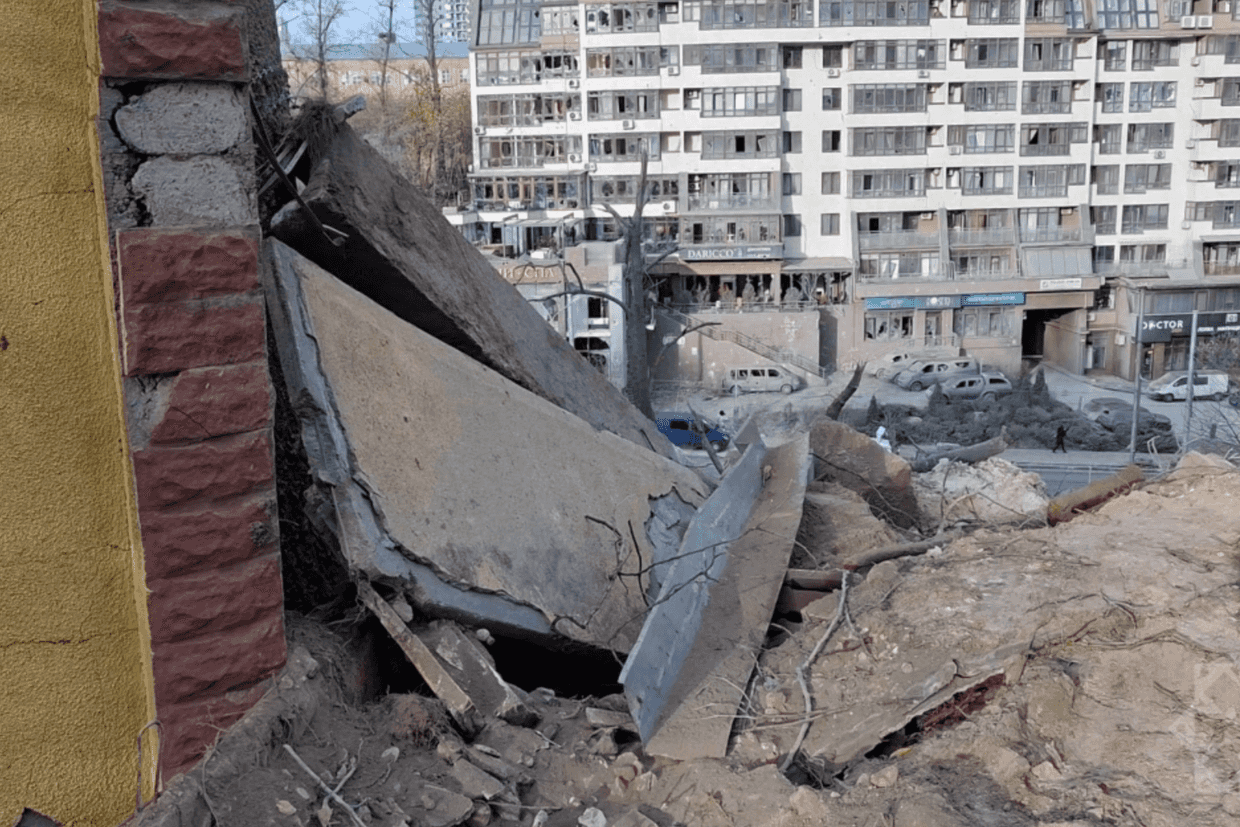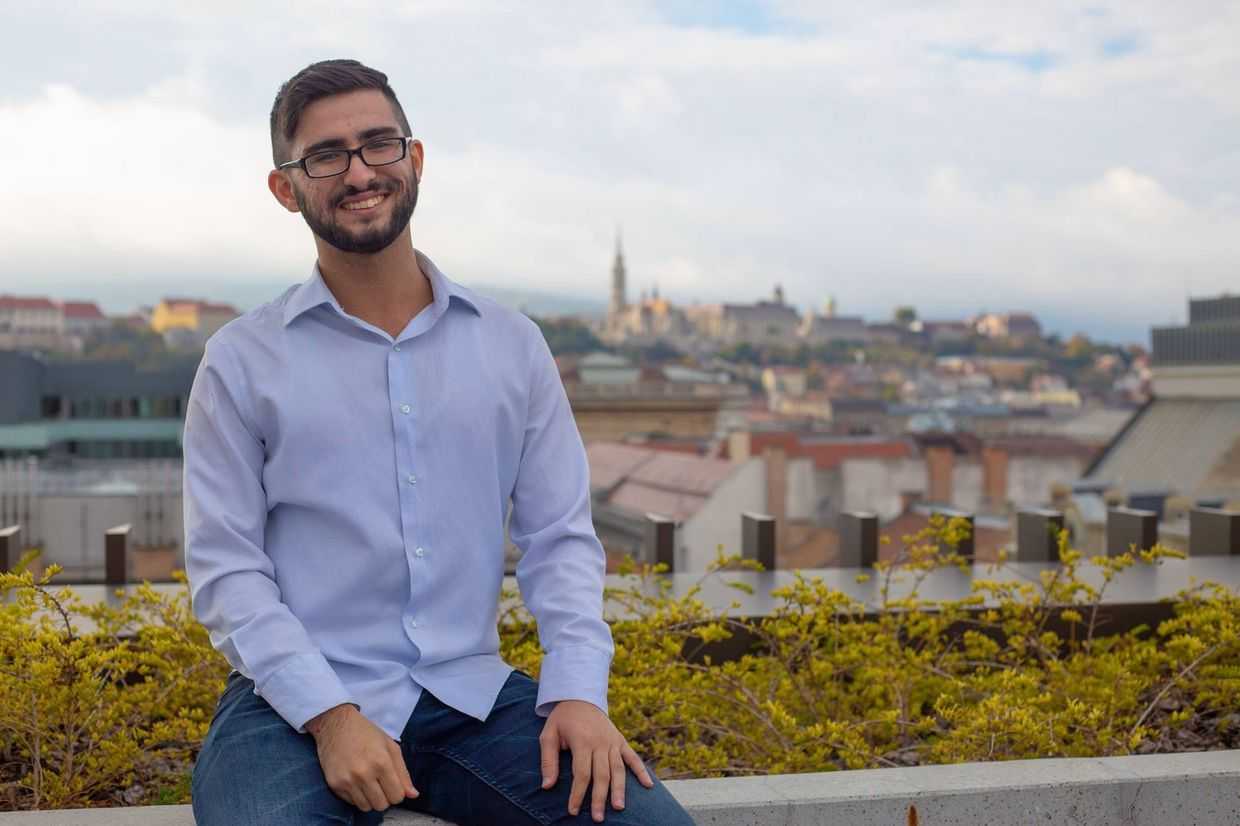
After 20-year-old Sevil Atakishiyeva took her own life, a social media campaign in Azerbaijan began to blame feminism for her death, despite the publication of private messages that revealed she was receiving death threats from her family prior to her suicide.
Atakishiyeva’s suicide was the first of several by girls and young women in Azerbaijan in recent days.
Azerbaijani feminist activist Gulnara Mehdiyeva shared screenshots of messages she exchanged with Atakishiyeva on Facebook, in which the young woman detailed abuse she suffered at the hands of her family.
‘Atakishiyeva’s family played a major role in committing physical and psychological terror against her that resulted in moral suffering’, Mehdiyeva wrote, adding that Atakishiyeva ‘wanted to leave the country in order to receive education, she was saving money, and once said that she wanted to get married in order to get rid of her family.’
Atakishiyeva’s messages include descriptions of several acts of violence, including being beaten for a photo that showed her with a male friend as well as being berated for arriving home 10 minutes late after a family-imposed curfew.
In her messages, she also said that she was afraid of leaving home as her father promised her to find and murder her and that he had friends in the police whom he would bribe in order to escape legal consequences.
‘If something happens to me, you take these messages into account,’ one of Atakishiyeva’s messages reads.
‘Can this be called violence?’
While feminists have highlighted the prevalence of domestic violence in Azerbaijan following Atakishiyeva’s death, conservative critics have turned their ire on feminists themselves.
Commentators on Azerbaijan’s ATV television directly blamed Gulnara Mehdiyeva, and similar criticisms have been echoed on popular conservative social media pages, with one page uploading a post reading ‘Feminism kills, protect your children’.
Mehdiyeva told OC Media that people want to focus on Sevil’s lifestyle in order to divert attention from the real culprits, falsely placing the blame on the influence of feminists. ‘Some groups are using it as an opportunity to strike a blow at feminism in general’, she said.
Earlier Atakishiyeva’s father Samir Atakishiyev said that he did not use any violence against his daughter and that they had a good relationship. ‘I loved her more than myself’, he said. ‘If I was a bad father, I wouldn’t put her in a university, I wouldn’t let her go to the city centre, and have friends.’
However, in an audio recording shared with the media, the young woman’s mother, Hijran Atakishieva, admits that her husband constantly beat Sevil. ‘Her father beat her so much, half to death, every time I took her out of his hands with great difficulty’, she said in the recording. When the father was asked about this audio recording, he replied that he did not remember it, adding, ‘if I sometimes hit her in the head, can this be called violence?’
Atakishiyeva’s death has prompted dozens of women to come forward with their own stories of domestic violence. Meanwhile, a criminal case has been launched in connection with Atakishiyeva’s death.
Feminist activist Vafa Rustam told OC Media that Azerbaijani society has a very limited understanding of violence, which is limited primarily to direct bodily injury.
‘Yet we accept behavioural control, psychological, economic — such as depriving women of education, not allowing a person to work — violence as normal when it is actually domestic violence’, she said.
Rustam added that joining the Istanbul Convention, a human rights treaty of the Council of Europe against violence against women and domestic violence, is a necessary step to begin to effect change.
Meanwhile, despite being a party to a number of international commitments to combat domestic violence over the last decade, Azerbaijan has done little. ‘There are no clear mechanisms in place to provide free legal assistance to victims, no shelters for victims, no free rehabilitation programs, no social security, and no preventive treatment for those prone to violence’, she said.
‘‘This alone is enough to make the killings of women political’
Anar Mammadli, head of the Center for Election Monitoring and Democracy Studies, an independent pro-democracy NGO, told BBC Azerbaijan that, ‘the mainstay of the conservative worldview that defends male dominance over women is the current political system in Azerbaijan and this alone is enough to make the killings of women political’.
‘Everyone in this system is responsible for the inaction and silence against deaths of women’, he added. He also condemned Azerbaijan’s wider political arena, stating that there are no political parties that stand up against domestic violence, ‘because they also depend on that conservative, patriarchal worldview’.
Indeed, no political party in Azerbaijan has yet to make a statement on Sevil Atakishiyeva’s death.








